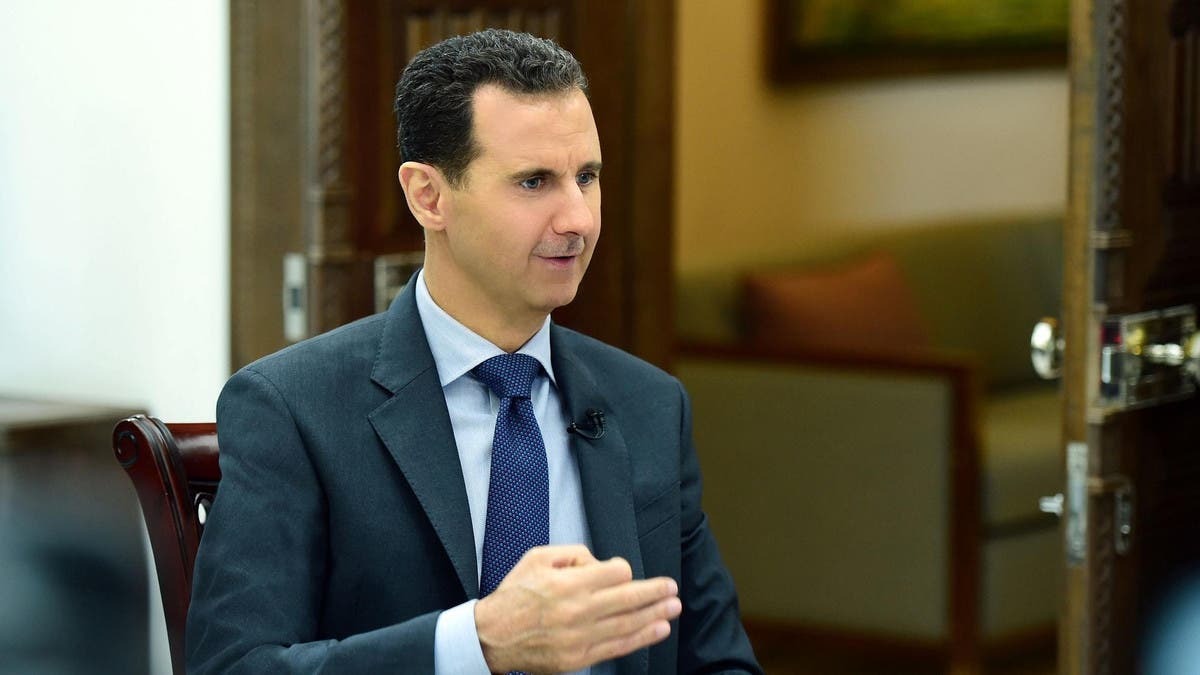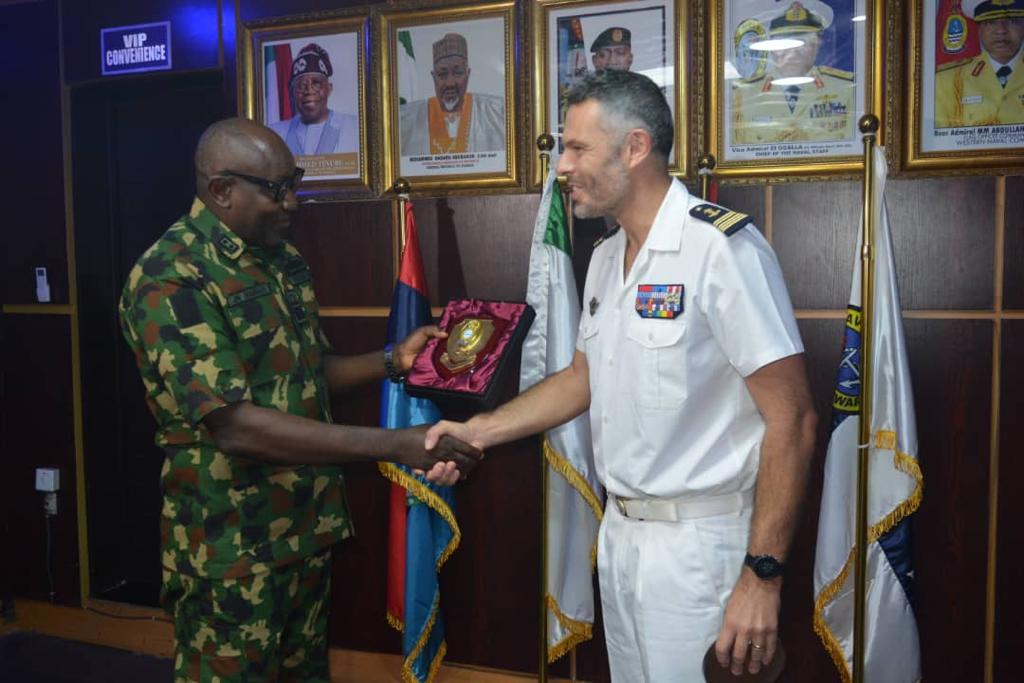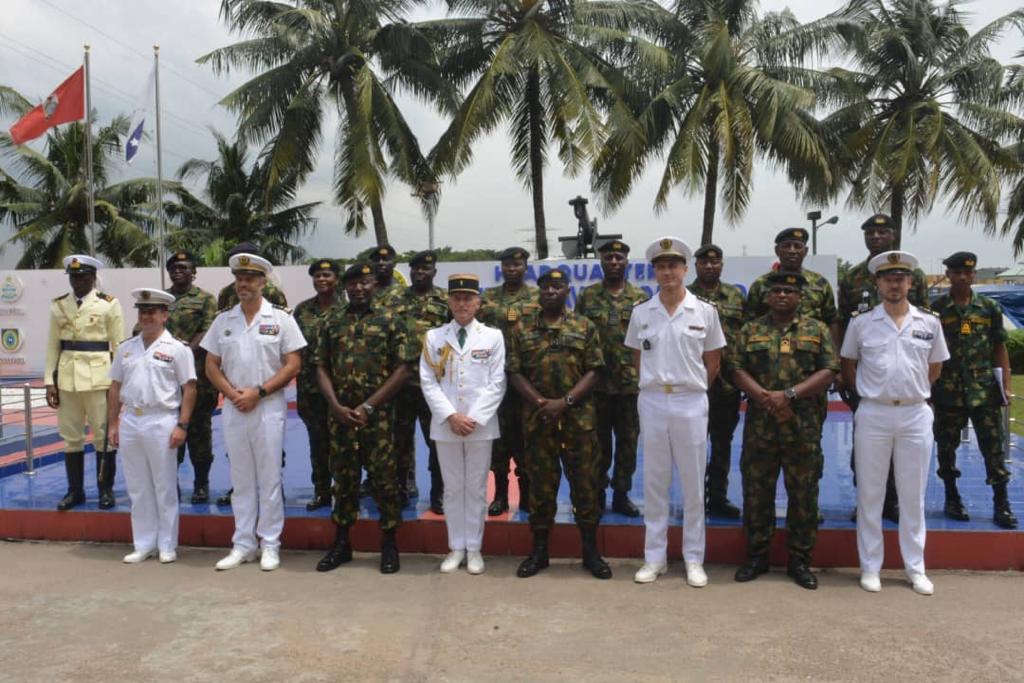France has issued an arrest warrant for Syrian dictator Bashar al-Assad and three of his generals in connection with the devastating chemical attacks that claimed the lives of approximately 1,000 people. The warrants, which were confirmed by legal sources in Paris on Wednesday, come as a result of the ongoing investigation into war crimes and crimes against humanity committed during the August 2013 attacks.
The chemical attacks, which involved rockets filled with sarin gas, targeted the Damascus suburbs of Douma and Ghouta. The United Nations investigators described the Ghouta attack as the deadliest use of chemical weapons since the Iran-Iraq War, with clear and convincing evidence pointing to the use of sarin gas. A subsequent UN report concluded that significant quantities of sarin were used in a well-planned indiscriminate attack on civilian-inhabited areas, causing mass casualties.
The arrest warrants not only target Bashar al-Assad but also include three of his generals who were allegedly involved in the gassing of their own citizens. While it is highly unlikely that they will be brought to trial in Paris, the warrants serve as a symbol of France’s commitment to holding international war criminals accountable.
The names of the accused will be placed on Interpol’s red list, making travel outside Syria extremely dangerous for them. This move further isolates al-Assad and his associates from the international community and underscores the gravity of the charges against them.
Bashar al-Assad, who has ruled Syria with an iron fist for many years, has been heavily involved in a civil war that has led to the deaths of thousands of people and left countless others living in fear, danger, and poverty. Despite allegations of horrendous human rights violations, he managed to secure his re-election in 2021 with an official vote count of 95.1 percent, according to Syrian officials. Throughout his reign, al-Assad has enjoyed the support of Russian leader Vladimir Putin, a fellow despot who has also faced accusations of human rights abuses.
The warrants issued by France serve as a reminder that justice can still be pursued, even for those who wield significant power and influence. While bringing the accused to trial may prove to be a formidable challenge, the legal action taken by France underscores the importance of accountability and the determination to hold international war criminals responsible for their actions.




